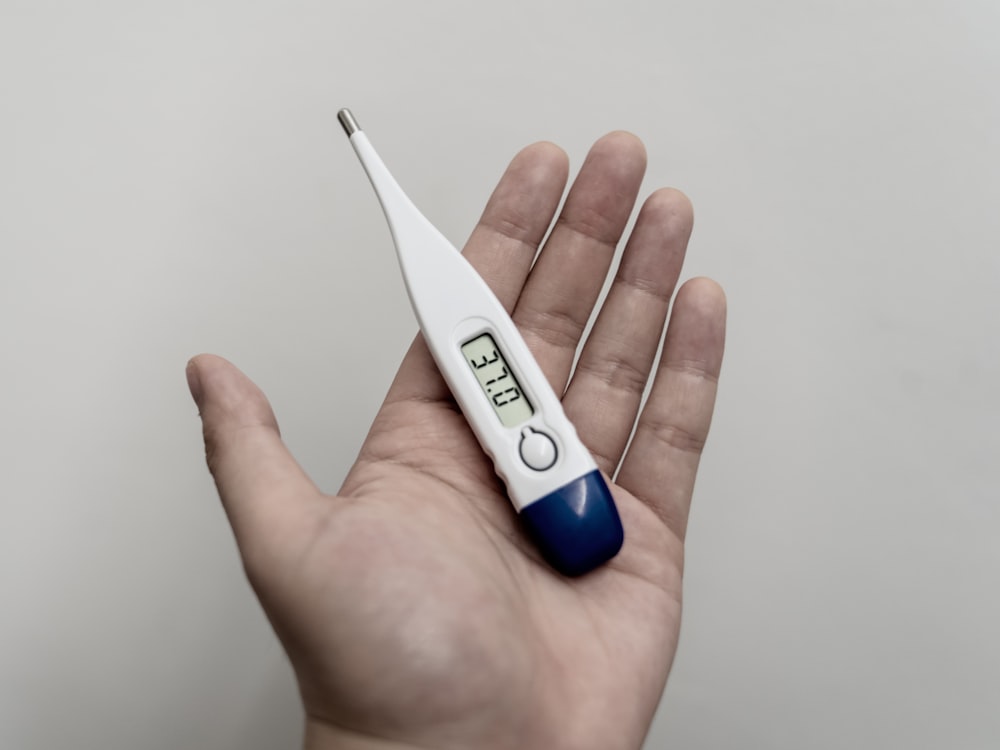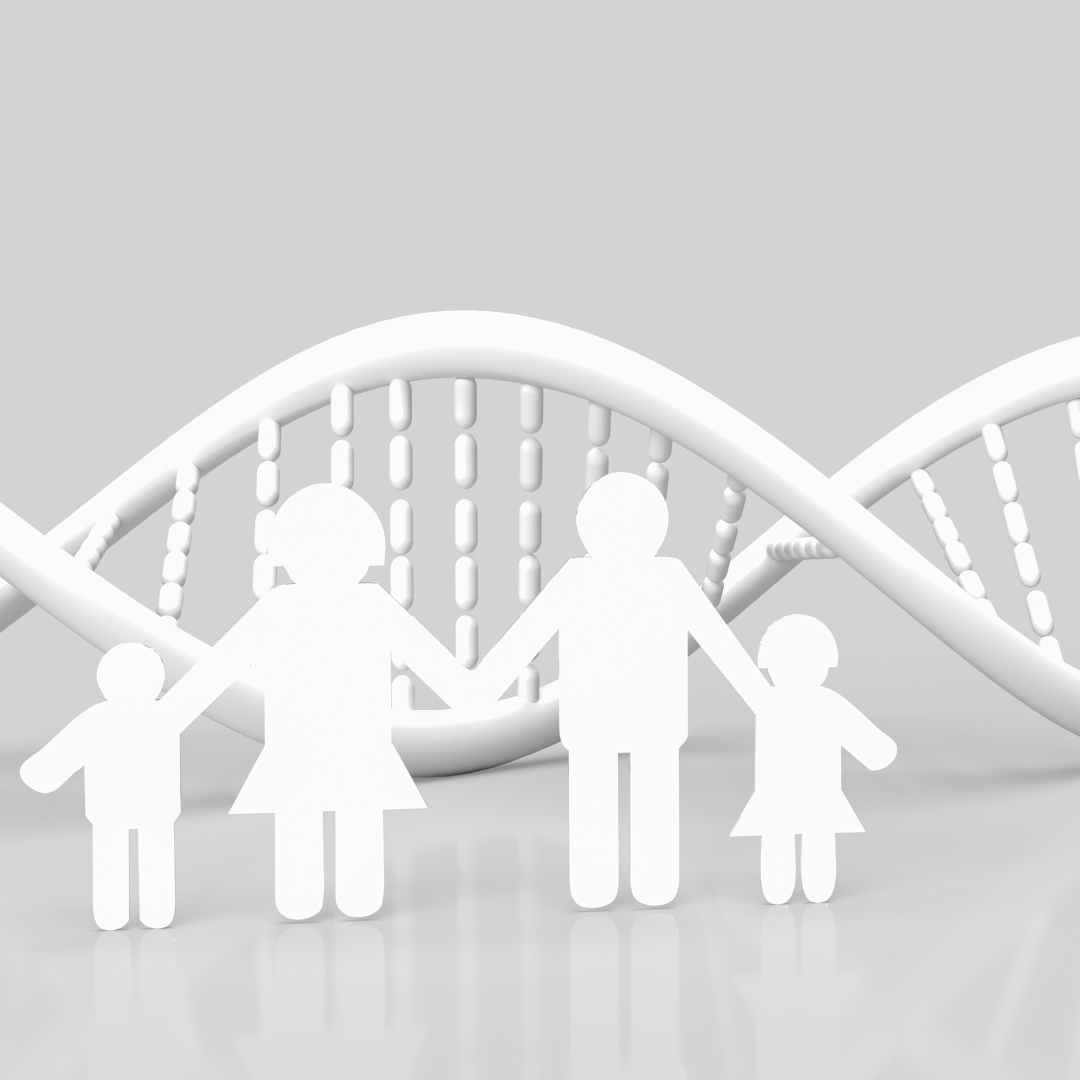
Coronaviruses are a family of viruses primarily responsible for causing respiratory illness in people. Covid-19 is a new virus that was first reported in December 2019 after being found in a hospitalized patient in Wuhan, China. Over the following weeks, the virus spread to all continents and has taken millions of lives across the globe since its first outbreak in 2019.
There has been some confusion about the signs and symptoms of Covid-19. Below we’ll provide an overview of the signs, symptoms, treatment and safety protocols for Covid-19.
Signs and Symptoms of Covid-19
For the last two years, Covid-19 has brought the entire world on its knees. Early symptoms include fever, cough, loss of taste or smell, fatigue and shortness of breath. The incubation period is up to 14 days, with a median time of 4-5 days from exposure (the time between getting exposed to the infectious agent and first having symptoms). You may still spread the disease before you have any symptoms after exposure.
The COVID-19 virus enters the body through the nose or mouth and attacks the epithelial cells lining the airways. During this time, you are contagious. The virus is then carried through the bloodstream to other parts of the body. Regardless of age, health, lifestyle choices, diet or activities, anyone can become infected by COVID-19. It is important to note that for people with weakened immune systems, symptoms may appear sooner than 2-14 days after exposure.
Besides the common symptoms mentioned above, below are other typical symptoms of Covid-19:
- Sore throat
- Nausea or vomiting
- Runny Nose or congestion
- Muscle or joint aches and pains
- Headaches
- Dry eyes or eye irritation
- Skin rashes or discoloration of fingers or toes l
- Diarrhea
The severity of symptoms ranges from mild to severe. In most cases, the symptoms start within 2-14 days after exposure to someone with another respiratory illness caused by the same virus. The onset of illness is usually sudden, and more severe in people who already have respiratory issues.

How to Tell if You Have COVID or a Different Illness?
People with COVID-19 may experience various nonspecific symptoms that are common to many respiratory illnesses. If you experience a combination of the most common symptoms, especially after being in close contact with someone who has COVID-19, you should talk to your doctor about getting tested for this virus. However, it is difficult to know for certain precisely what is causing your symptoms without laboratory testing for a positive diagnosis of Covid-19. Some possible signs of Covid-19 include:
Eye Infection
When COVID-19 enters your eyes, it tricks the cells into letting it in by binding onto the ACE2 enzyme, usually found on the surface of your conjunctiva, tissues that cover the surface of the eyeball and the inside of the eyelids. Some people with COVID-19 develop eye symptoms such as dry eyes, excessive tearing, conjunctivitis (pink eye), swelling, or increased eye secretions.
Lost Sense of Taste or Smell
One of the common side effects of COVID-19 is temporary loss of taste and smell. A study analyzing the cases of 12,000 people found that 47% reported the presence of these symptoms before any other symptoms appeared. A study published in 2022 showed a different result, finding that most patients reported these symptoms after other general symptoms.
Developed Fever
Because COVID-19 is a new disease, many aspects of its manifestation are yet to be studied—including the order in which symptoms appear. One of the research publications reported that 55,000 people with COVID-19 had been monitored and compared with 2,000 people with influenza symptoms.
The researchers found that for people with COVID-19, a fever was most likely to appear first, while many people with influenza experienced a cough as their first evidence of infection. Although reports from different sources vary, many people with COVID-19 have had symptoms such as fever and dizziness.
Persistent Symptoms of Covid-19
People who have prolonged illnesses after having the COVID-19 virus often suffer from persistent symptoms that last for the longer haul. These more persistent symptoms include:
- Chronic fatigue
- Trouble breathing
- Fever
- Brain fog (difficulty concentrating or thinking)
- Dizziness when standing
- Chest or stomach pain
- Joint pain
- Headaches that linger for weeks or months
- Heart palpitations (fast/pounding heartbeat)
- Muscle pain
- Trouble sleeping
- Mood changes
- Loss of the sense of smell or decreased abilities to smell
- Loss of the sense of taste or decreased abilities to taste
- Worsening symptoms after physical activity

Covid-19 Treatment
The Centers for Disease Control and Prevention’s (CDC) guidelines do not recommend any specific treatment for Coronavirus. Mild Coronavirus cases should be treated with:
- Supportive care
- Rest
- Drinking a lot of fluids
- Controlling fever with medications such as ibuprofen or acetaminophen
- Hospitalization if symptoms are extremely severe
It’s important to note that antibiotics have no role in treating this type of virus.
The antimalarial drugs chloroquine and hydroxychloroquine have been considered to treat victims of the pandemic, but these medications have proven ineffective. People who have severe consequences from a coronavirus may require hospitalization. Around April 2021, the antiviral medication remdesivir was approved by FDA to treat patients (aged ≥12 years and weighing ≥40 kg) hospitalized with the Coronavirus.
Covid-19 Vaccine
Pfizer-BioNTech, Moderna, and Johnson & Johnson (Janssen) have vaccines approved in the US to prevent COVID. Pfizer’s drug is approved by the Food and Drug Administration (FDA), but Moderna and Janssen are part of an emergency use authorization. The Advisory Committee on Immunization Practices and the CDC recommends a Pfizer vaccine for all people 5 years or older, Moderna and Janssen vaccines for anyone 18 years or older. And a single Pfizer booster dose of the COVID-19 vaccine for those 12 years old and over at least five months after completing a primary series of the vaccine. Moderna booster dose is for anyone 18 years or older at least five months after completing a primary series of the vaccine. Janssen booster dose is for anyone 18 years or older at least two months after completing a primary series of the vaccine.
WHO mentions that a safe and effective vaccine plays a vital role in reducing the risk of mortality from this pandemic. By following vaccine instructions carefully and making sure that others do the same, it’s possible to prevent many illnesses and deaths. Vaccines are not foolproof, so even vaccinated people may still become ill. In addition to following vaccination guidelines, it’s crucial that people stay safe by washing their hands frequently and staying home when they feel sick.
Coronavirus Safety and Prevention Tips
Below are some safety and prevention tips to avoid getting or spreading Covid-19:
- Stay home if you feel unwell
- Get vaccinated
- Washing your hands frequently and properly (also sanitizing your hands).
- Do not touch your face, eyes, nose, or mouth without first washing your hands.
- Keep away from large gatherings of people so you do not get exposed to the virus.
- Practice social distancing.
- Always wear a mask in public, especially when you’re in an indoor public space .
- Cover your nose and mouth with your bent elbow or a tissue when you cough or sneeze.
- Regularly test yourself for Covid-19 using a portable Covid testing device such as the Circle HealthPod rapid Covid test.
The Bottom Line
Several complications arise if a patient does not take the appropriate steps to ensure that Covid-19 has been eliminated from their body. In contrast to similar diseases such as the common cold and flu, Covid-19 can be difficult to diagnose.
These difficulties stem from the similarities between Covid-19 and these other infectious diseases, making it easy for patients to downplay the dangers present in this particular virus. Patients should seek medical attention immediately to determine whether or not they have contracted Covid-19, take a test with their rapid Covid test, and take the necessary precautions to help prevent further spreading of the virus.







This Post Has One Comment
Comments are closed.